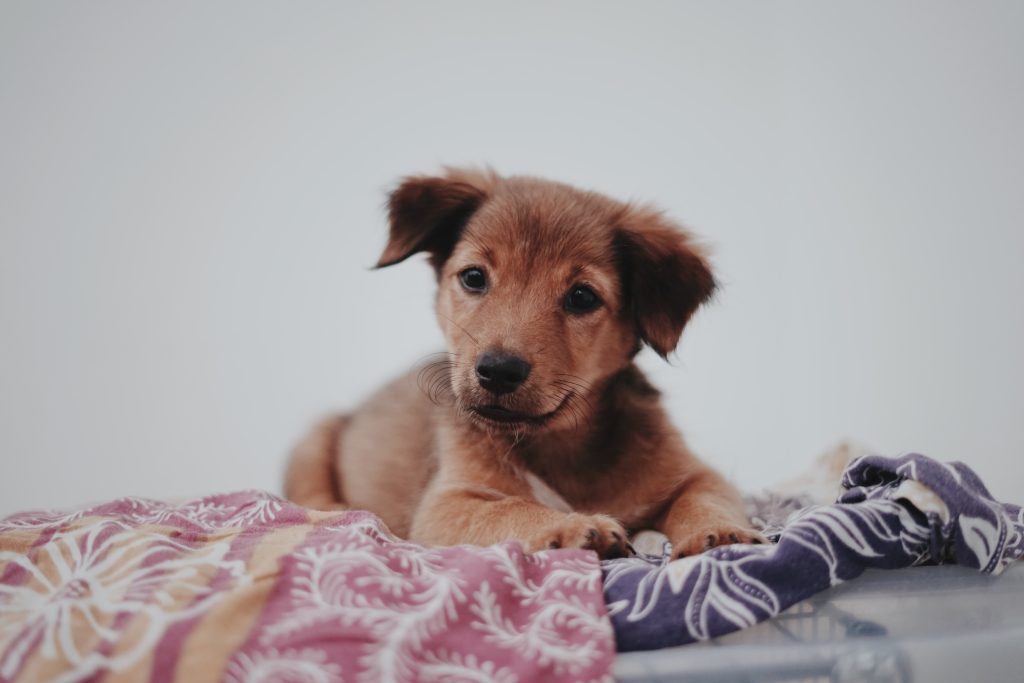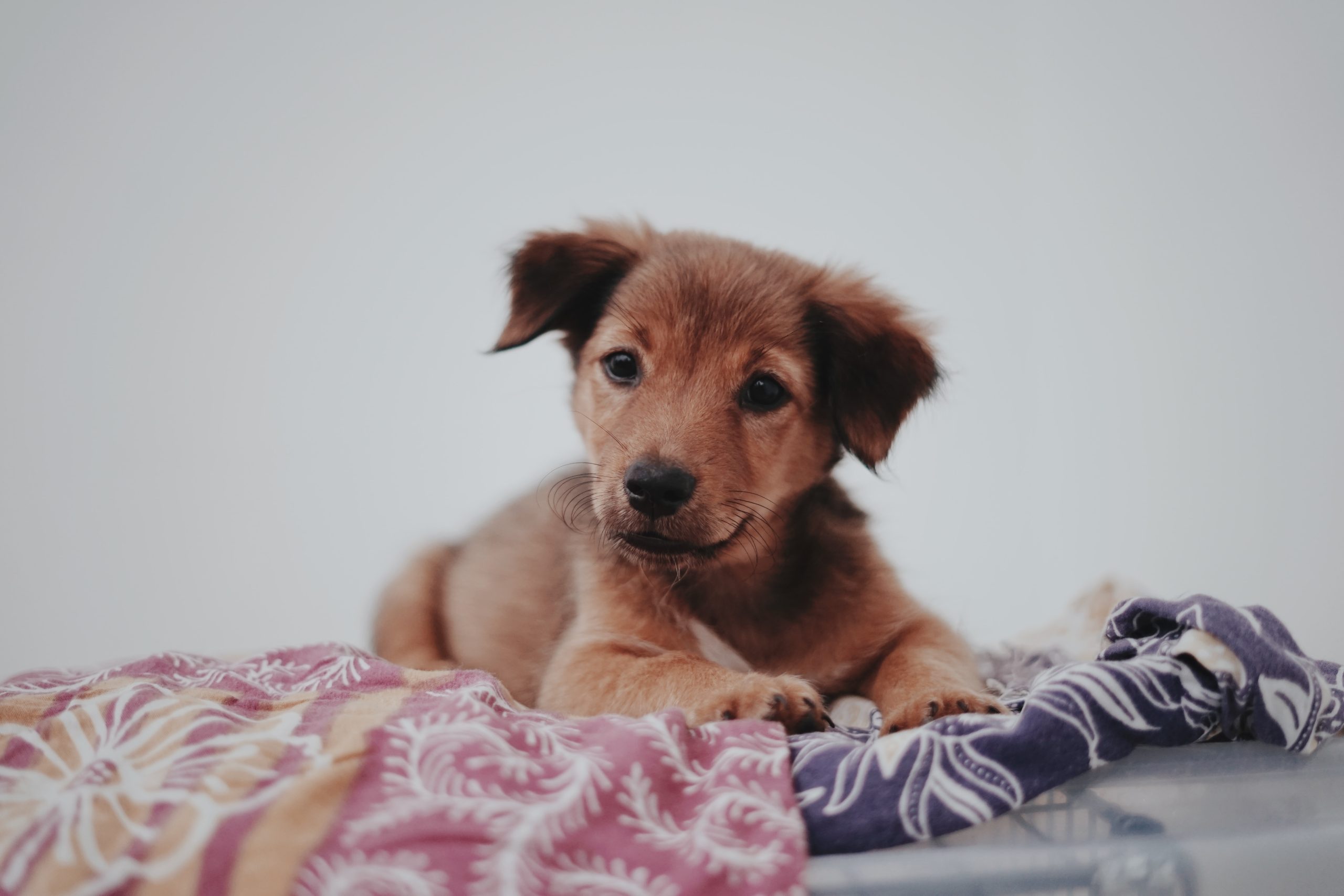Training your puppy is a key part of dog ownership. Not only does it help to build good behavior, but it also helps to create a strong bond between you and your furry friend.
Here are the 10 most important things to remember when training your puppy.

1. Start Early
The earlier you start training your puppy, the easier it will be. Puppies have a better chance of learning and memorizing information at a young age. Puppies are also more likely to correct bad behavior than adult dogs.
2.Consistency is Key
Consistent training is the key to success. Make sure everyone in the house uses the same commands and training techniques.This will prevent your puppy from getting confused and help reinforce good behavior.
3.Positive Reinforcement
Positive reinforcement is one of the best ways to train your puppy. Reward your puppy with praise and affection for good behavior. This will encourage them to repeat the behavior and will make training more enjoyable for you and your puppy.
4.Short Training Sessions
Puppies have short attention spans and can easily become overwhelmed. Keep training sessions short, about 10-15 minutes at a time, and end on a positive note. This will prevent boredom and frustration and help keep your puppy engaged.
5. Patience and Consistency
Training a puppy takes time and patience. Consistent daily training will help your puppy learn faster. Avoid using punishment or force as this can break the bond between you and your puppy and create fear and anxiety.
6. Use Simple Commands
Use simple, one-word commands with your puppy. This makes it easier for them to understand what you want and avoids confusion. Common commands include “sit”, “stay”, “come” and “heel”.
7.Gradual Difficulty
As your puppy becomes more proficient, gradually increase the difficulty of the training. This will help them continue to grow and learn new skills. Gradually introduce new commands and challenges, one at a time.
8.Real-Life Practice
Practice training in real life situations, such as walking on a leash or going to the park. This will help your puppy learn how to behave in different environments and will reinforce good behavior.
9.Socialization
Socializing your puppy is a key part of training. Exposing them to new people, places and other animals helps them become well-rounded and confident. Socialization will also help prevent future behavioral problems.
10.Consistent Reinforcement
It is important to keep reinforcing good behavior throughout your puppy’s life. This will help maintain good behavior and will keep your puppy engaged and eager to learn.
Conclusion
Training your puppy takes time, patience and persistence.
By remembering these 10 important things, you can help your puppy become a well-behaved, confident, and happy companion. In addition to these tips, it’s important to be patient and remember that every puppy is unique.
Some may take longer than others to learn certain skills, but with persistence and patience, you can help your puppy reach their full potential.
Overall, training your puppy takes commitment and effort, but the benefits are worth it. A well-trained puppy will be a confident, well-behaved companion, and the bond between you and your furry friend will grow stronger every day.
FAQs
When
is the best time to start training my puppy? The best time to start
training your puppy is as soon as you bring them home. The earlier you
start, the easier it will be.
What
is the best training method for my puppy? Positive reinforcement is the best training method for puppies. Reward your puppy with praise and affection for good behavior.
How
long should training sessions be? Training should be short, about 10-15 minutes at a time, to keep your puppy focused and prevent boredom and frustration.
Can
punishment be used in training a puppy? No, punishment should not be used when training your puppy. Physical violence or punishment can break the bond between you and your puppy and create fear and anxiety. Positive reinforcement, such as rewards and praise, is a much more effective and humane method of training.

